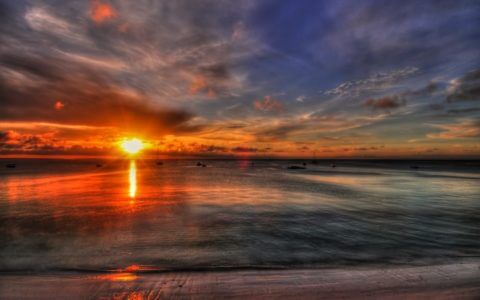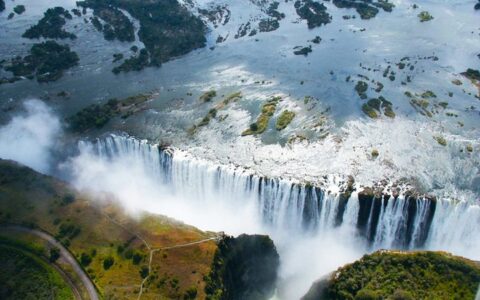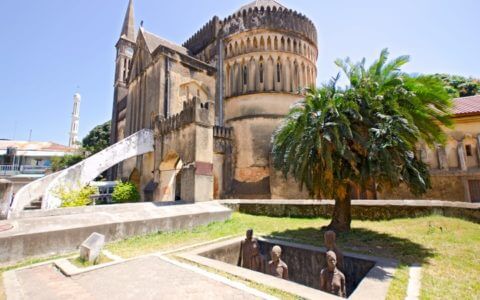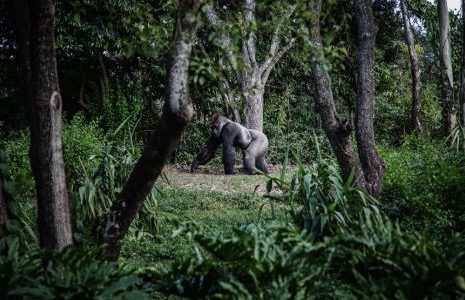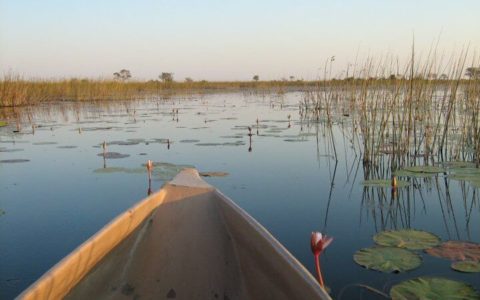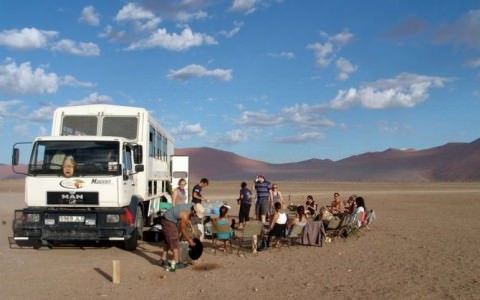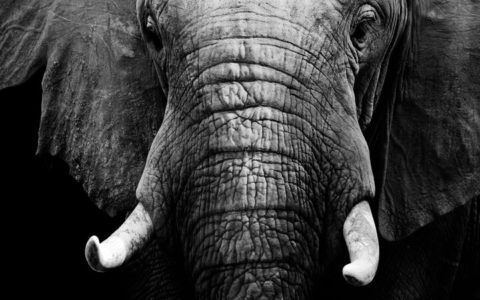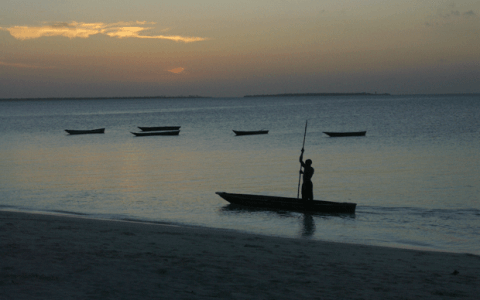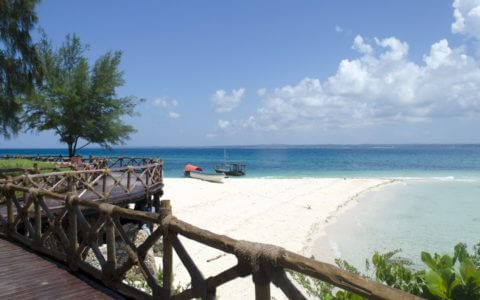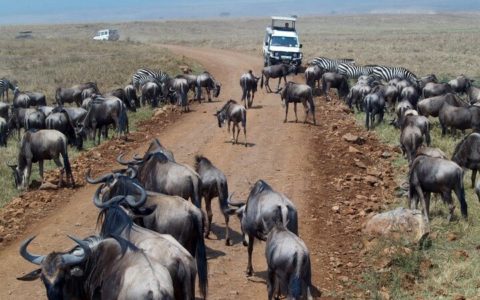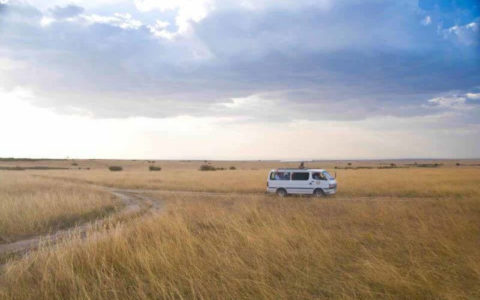Malawi Adventure Tours, Packages and Budget Safaris
Lake Malawi is a world heritage site and a country jewel which covers almost the entire eastern boundary onto Mozambique. The lake is a Great African Lake, forming part of the Great Rift Valley, it is the ninth largest lake in the world at approximately 29 600 square kilometres. The lush green mountains form the perfect backdrop to a day of snorkelling and swimming in the crystal clear waters of the lake.
The tiny landlocked nation of Malawi is relatively undiscovered by tourists but this is part of its appeal. While it doesn’t have the blockbuster wildlife parks teeming with game that its neighbouring countries – Mozambique, Tanzania, Zambia and Kenya – do, it offers a stunning lake and beautiful wilderness areas (some of which are in the process of being rehabilitated) without any crowds.
In 2012, with the relocation of lions, Majete Wildlife Reserve became Malawi’s only Big Five. The beautiful wilderness area of miombo woodlands, granite hills, river valleys and lush forest is also home to zebra, eland, kudu, sable, klipspringer and Lichtenstein’s hartebeest.
In southern Malawi, Liwonde National Park is small but has a remarkable diversity of habitats, as well as abundant wildlife, with dense populations of elephant and hippo, as well as sable antelope, kudu, waterbuck and impala. Its 400 species of birds make it a birding hotspot, and it’s one of the best places to see sought-after water birds such as Pel’s fishing owl and the white-backed night heron. As well as 4×4 safaris, you can do walking safaris and game viewing by boat where you get a different perspective on the bush.
At the southern end of the lake, Lake Malawi National Park protects Malawi’s aquatic species, most importantly hundreds of species of colourful cichlid fish, most of which are endemic to the country. Seeing these stunning fish when you go snorkelling or scuba diving in the lake is definitely a Malawian wildlife highlight.
In eastern Malawi, Nkhotakota Wildlife Reserve is the country’s largest and least developed wilderness area, home to lion, leopard, buffalo and sable antelope and 280 species of birds. There’s also an elephant translocation program running to restock elephants in the park after most of them were lost to poaching.
10 reasons to travel to Malawi
Lake Malawi
One of the deepest lakes on the planet, Lake Malawi is the country’s top attraction. This glittering blue jewel stretches along the length of the country, with clear waters and sandy beaches and hundreds of species of colourful cichlid fish – more than in any other lake in the world. There are lots of ways to explore the lake: swimming, snorkelling, scuba diving, yachting and kayaking are on offer, and there are plenty of beaches on the mainland with resorts, backpackers and campsites, as well as a few tiny islands for you to sleep near the gently lapping waves.
Friendly people
Self-proclaimed as the “Warm heart of Africa”, Malawi is known to be one of the friendliest countries on the continent. Wherever you go, you’re likely to be greeted with big smiles and a friendly welcome from local people.
Wildlife on the up
After years of declining wildlife populations in its reserves, Malawi’s wildlife has seen a boost thanks to rehabilitation and relocation projects in several of its parks. In 2012 Malawi became a Big Five destination when Majete Wildlife Reserve added lion thanks to a wildlife relocation project, which was part of a major decade-long rehabilitation plan, while an elephant translocation project is restocking Nkhotakota Wildlife Reserve’s elephants that were lost to poaching, and a trust is restoring the wildlife of the tiny Mwabvi Wildlife Reserve.
Lake of Stars festival
This annual multi-day music festival, which has been running for 14 years, is worth a trip to Malawi alone. Held on shores of Lake Malawi, it’s a fun beach party with local musicians, DJs and international acts playing everything from afro-pop to indie rock. But it’s not just about partying: Lake of Stars is a non-profit event aimed at promoting tourism to the country and supporting Malawian arts and culture, and it also raises money for community projects and encourages festival goers to help out with community projects while they’re at the festival.
Island hopping
Lake Malawi is dotted with some beautiful and truly idyllic islands, from tiny Domwe and Mumbo islands, which you get to by kayaking from Cape Maclear and are uninhabited apart from small Robinson Crusoe-rustic camps, to Likoma Island, where there are bustling local communities and a handful of wonderful lodges. Then there are the three Marelli Islands, which are protected as part of the Lake Malawi National Park and are home to hippos, otters, bush babies and 300 species of birds, and the super laid back Chizumulu Island, which you can walk right around in under three hours.
Snorkelling and diving
Lake Malawi, with its clear warm water and hundreds of species of colourful cichlid fish, is a great place to go snorkelling and diving. There are loads of places around the lake that offer these activities, and you can also do them from islands such as Domwe and Mumbo, near Cape Maclear.
Bush and beach
There are a few African countries where you can combine bush and beach on one holiday, but nowhere is easier than tiny Malawi, where you can go from bush to beach by car in just a couple of hours. If you fancy spotting elephants while you drink your morning tea, and relaxing on a lounger on a sandy beach with a cocktail in hand by the afternoon, Malawi’s the destination for you.
Mountain trekking
Mt Mulanje, Central Africa’s highest peak at 3000 metres, is a spectacular place to go hiking, with a wealth trails to choose from, which take you through dramatic green valleys, forests and waterfalls. There’s loads of wildlife to spot, from monkeys to dassies, and there are well-maintained huts along the way for you spend the night.
Wilderness hiking
If you want to explore wilderness on foot, Malawi is fantastic for hiking. Nyika National Park, Malawi’s largest, is a huge plateau covered in beautiful rolling grasslands and forests that are home to lots of antelope, as well as elephant, buffalo and lion and 200 orchid species. Multi-day wilderness trails take you through parts of this incredibly scenic park, with astounding views and wildlife to spot along the way. In southern Malawi, the Zomba Plateau, which is covered in dense forest and dotted with cascading waterfalls and streams, is a hiker’s paradise, with an extensive network of paths that lead through spectacular scenery and offer panoramic views.
Birding
For a small country, Malawi packs a mighty punch when it comes to its birds. A whopping 650 species have been recorded in the landlocked country, and many of the species are seldom seen in the rest of southern Africa. Lake Malawi attracts a lot of bird life, as do the wetlands and riverine areas, and the Shire River in Liwonde National Park is a particular hotspot, while the misty grasslands of the Nyika Plateau are home to some species that you only find in northern Malawi and southern Tanzania.



